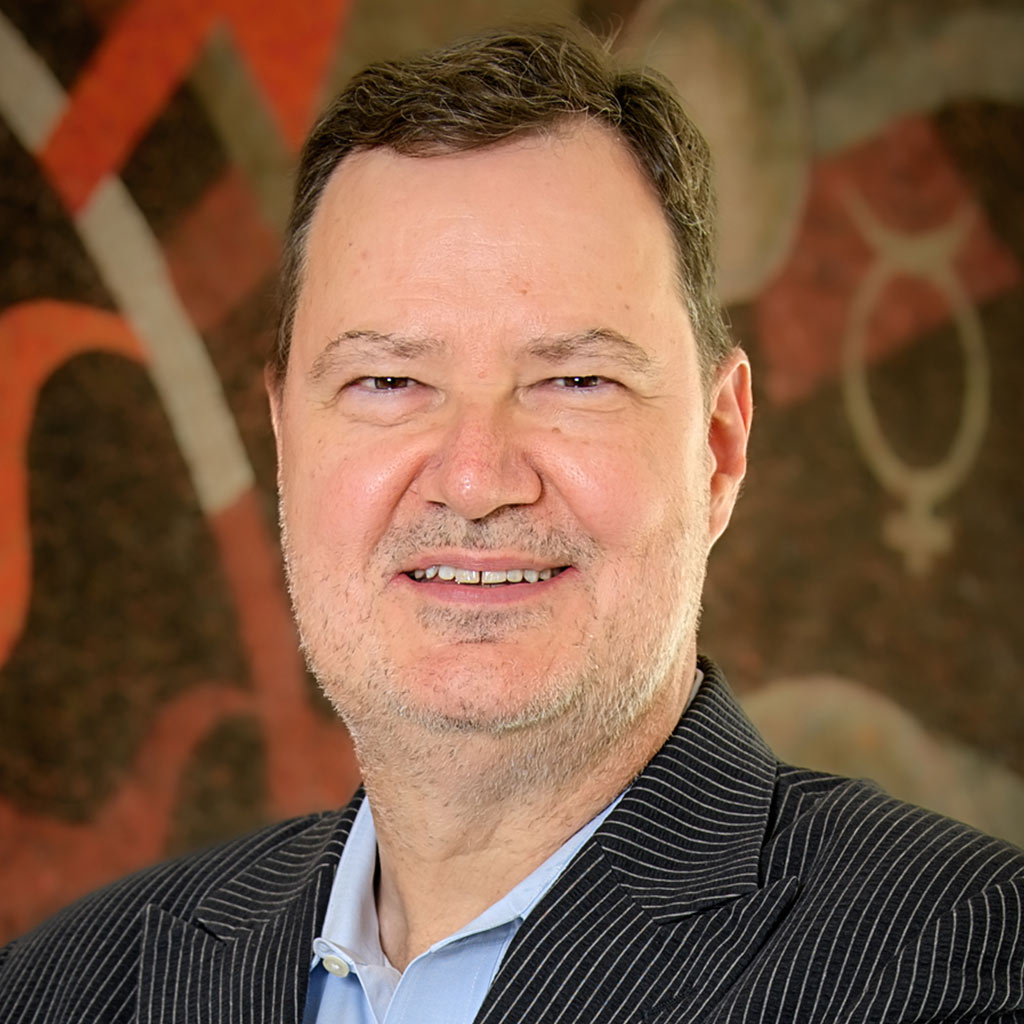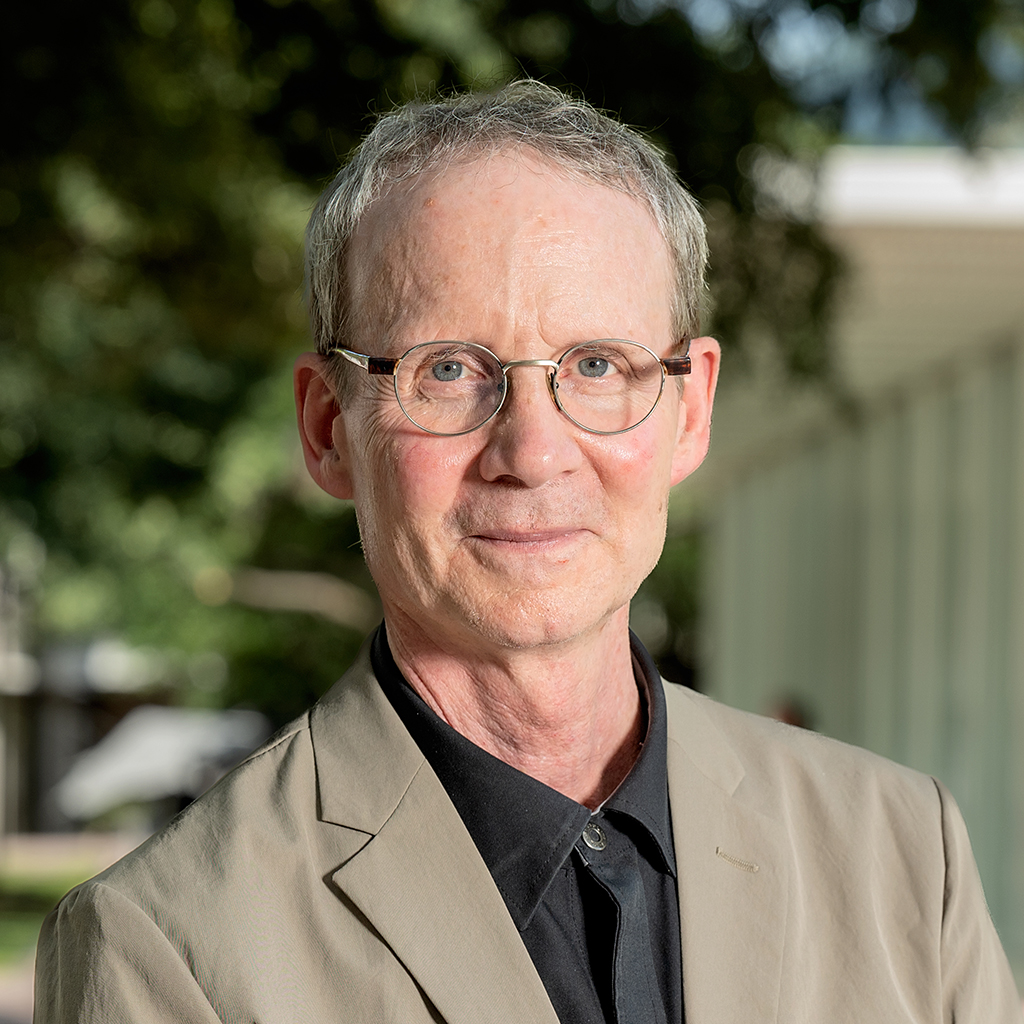Juan Socorro Armendariz Borunda

Juan Socorro Armendáriz Borunda
Distinguished Professor in Biomedical Sciences
School of Medicine and Health Sciences
Expertise
Genomic medicine in fibrotic diseases
Gene therapy
Overview
Dr. Armendáriz is recognized globally as one of the leading figures in the field of hepatology and as a pioneer in gene therapy. In addition to his contributions to Tecnológico de Monterrey, Dr. Armendáriz has collaborated for more than 25 years at the University of Guadalajara, where he became Full Professor "C", founder of the Department of Molecular Biology and Genomics, as well as founder and director of the Institute of Molecular Biology in Medicine at said university, one of the first programs in Mexico in what is now called Genomic Medicine. He has also been a visiting professor at the University of Florence, in Italy.
A Level III Emeritus Researcher of the Mexican National System of Researchers, much of Dr. Armendáriz's research has focused on the cellular and molecular basis of the treatment of liver cirrhosis and renal glomerulosclerosis.
As a result of his research, he has published more than 200 scientific articles, has presented more than 470 papers in national and international congresses, and has played leadership roles in the National Commission for the Human Genome, the Mexican Academy of Science, and the National Academy of Medicine (Mexico).
Among the most relevant recognitions of his career is the National Science Award "Mario Molina", obtained in 2023.
Dr. Armendáriz joined Tecnológico de Monterrey as a Distinguished Professor in Biomedical Sciences for the School of Medicine and Health Sciences.
Education and Training
- Post-doctorate in Molecular Biology, University of Tennessee
- PhD Biochemistry, CINVESTAV, Instituto Politécnico Nacional
- Master in Biochemistry, CINVESTAV, Instituto Politécnico Nacional



